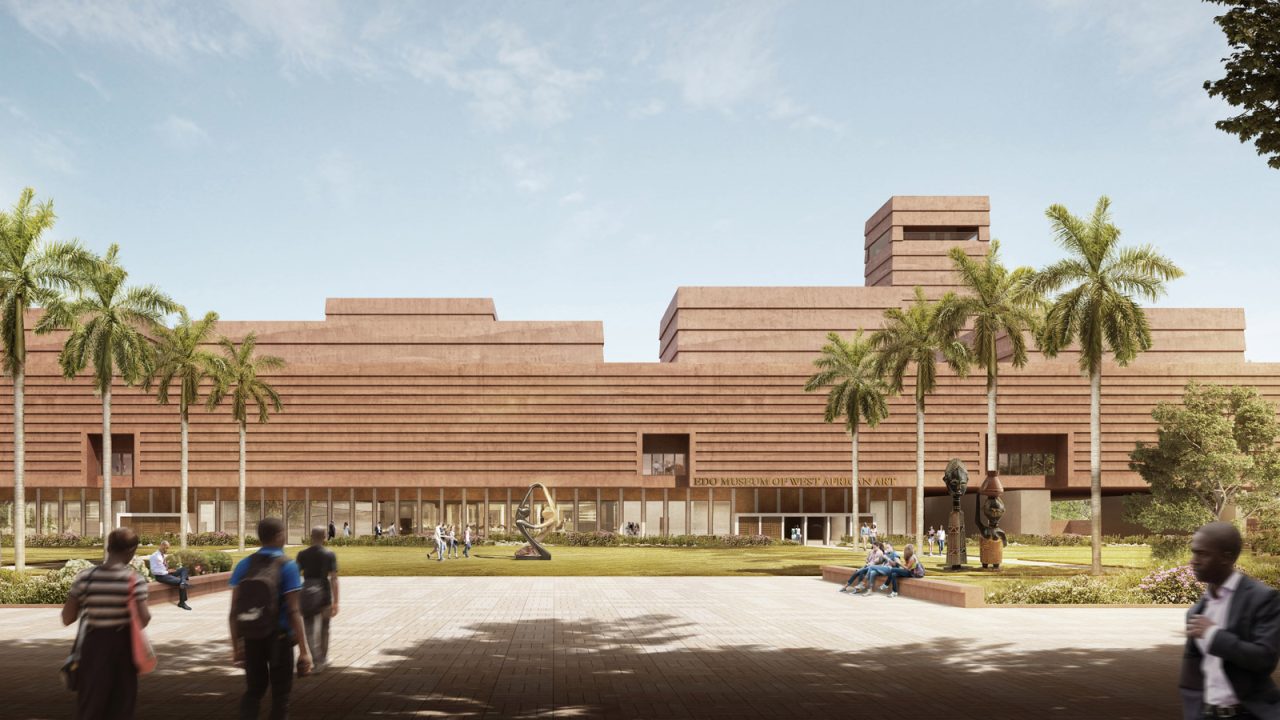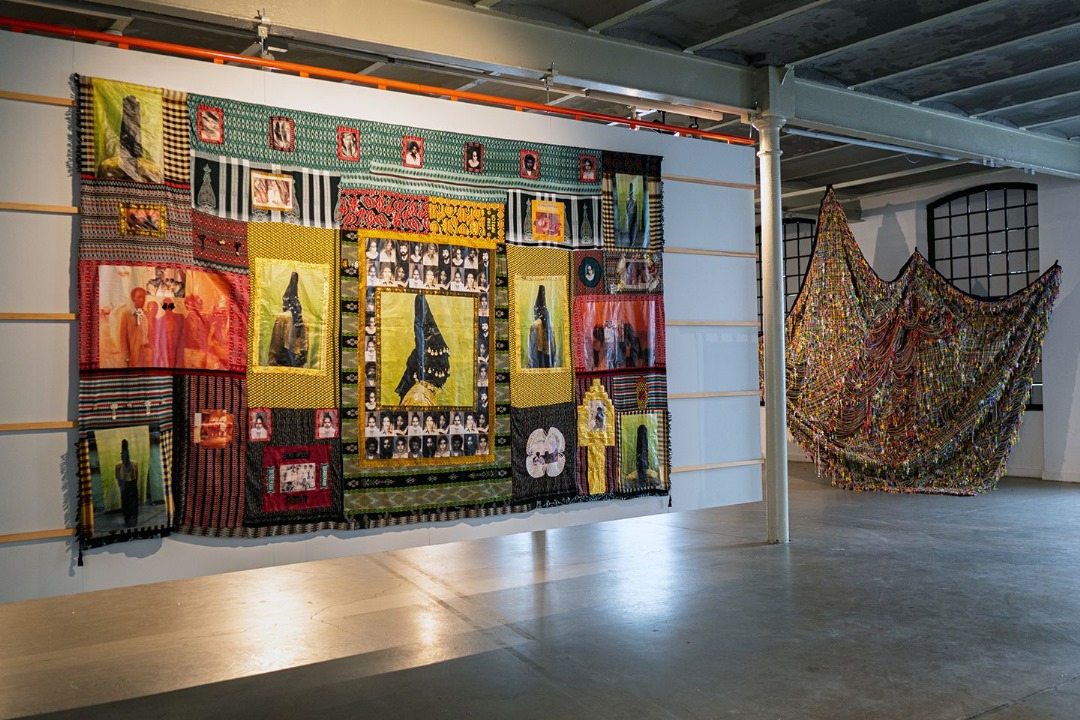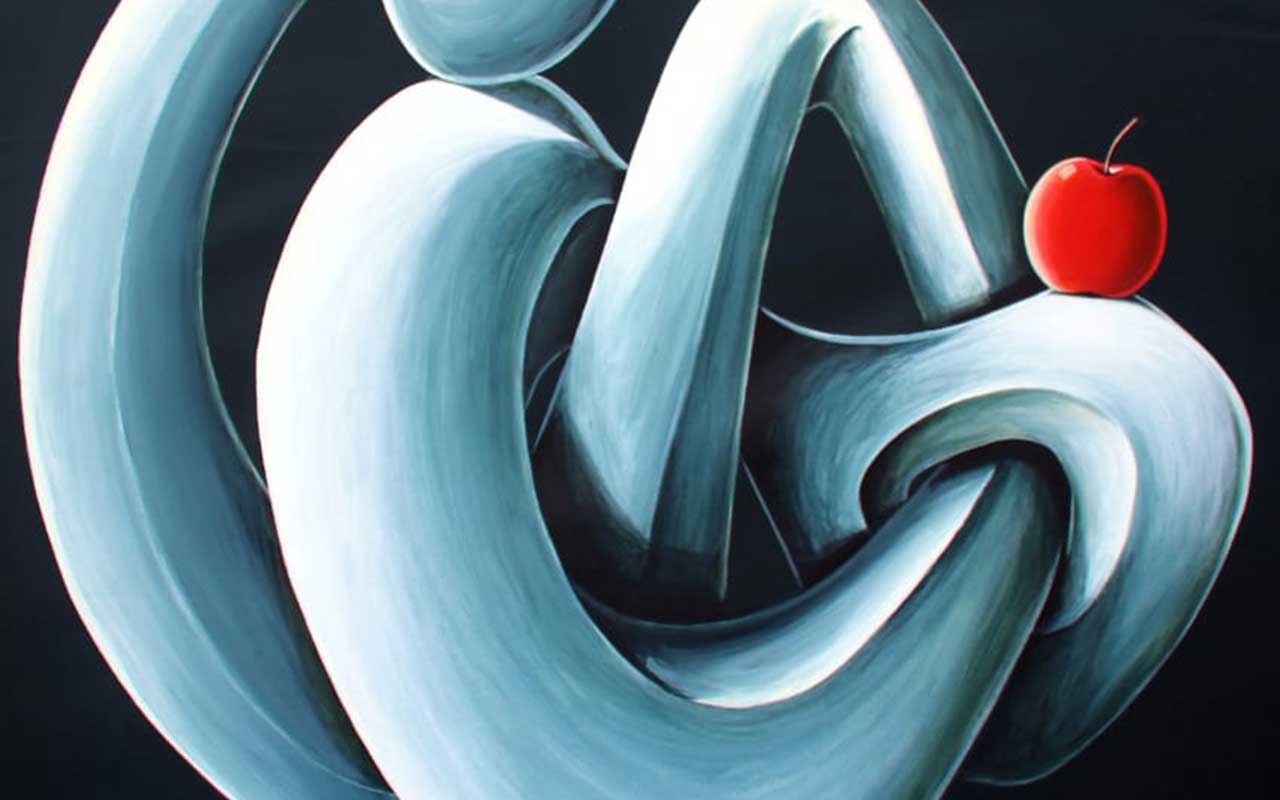
The Museum of West African Art (MOWAA) and Oxford University’s School of Archaeology have announced a collaboration to build a centre of archaeological excellence in West Africa.
The archaeological, cultural and scientific research institute, which is aimed at telling the narrative of the region’s past from an African perspective and developing student pathways for the long-term benefit of research, will be housed in the Pavilion, the first building within MOWAA’s Creative District, located in the centre of Benin City.
Through this joint initiative, students from West African countries, or who have demonstrated a strong academic interest in West African archaeology and heritage, will benefit from access to Oxford’s world-leading graduate courses in archaeological science.
The Director of the Pavilion, Ore Disu, said, “this partnership with Oxford University sets us on an ambitious path to establish a center of excellence for archaeological science, materials science and conservation in West Africa. Our collaboration will strengthen the pipeline for African-centered scholarship, with the view to unearth the sophistication of our shared past and power new ideas about our possible futures.”
Oxford’s Edward Hall Professor of Archaeological Science, Shadreck Chirikure, who also serves as an advisor to MOWAA, will lead the research programme.
This partnership will help build a strong foundation for the future of the Pavilion through three core elements:
· Skills development. By creating a bespoke scholarship programme on the MSc and DPhil Archaeological Science degrees, the partnership will help create a pipeline to meet the staffing needs of the Pavilion and provide opportunities for those interested in the archaeology of West Africa to conduct studies with access to resources from both institutions.
· World-leading research on West African archaeology. This partnership launches the West African Empires Archaeological project, a multi-year interdisciplinary investigation that brings together archaeology, art history and biological conservation. The findings from excavations and supportive studies are expected to underpin exhibitions, publications and community dialogue to enhance the global profile and advance the academic field of West African ecological and cultural heritage.
· State-of-the-art analysis. Ultimately, the Pavilion will provide a cutting-edge facility for the benefit of all West Africa and beyond. The first set of equipment for the materials lab is being provided through the support of the Gerda Henkel Foundation in Germany.
Whilst the Pavilion is being established Oxford’s School of Archaeology research laboratories will help MOWAA get a head start on archaeological analysis by utilising the existing capacity within the School. The Pavilion’s research leads will draw on the expertise and first-hand experience of their Oxford counterparts to develop and manage their upcoming lab facilities.
Chirikure said, “this partnership sets an example of how transformative collaboration in research and capacity building can establish a centre of excellence with equal benefits to everyone. Unlike other partnerships, which only extract archaeology samples from Africa and leave the continent with no training and no access to publications by local scholars, this initiative provides an enriching and mutually beneficial relationship that will sustain both institutions into the future.”
Over the next five years, the School will act as a hub for the advanced analysis requirements of the Pavilion, associated archaeological investigations and the museum. Included in the project will be leading specialists in the fields of:
Paleoenvironmental science, Material Science, Bioarchaeology, Precision chronology and Specialist mapping.
Head of the School of Archaeology, Professor Amy Bogaard, said, “this is an exciting opportunity for the School of Archaeology to engage with new research in Benin and West Africa and to help train a new generation of archaeologists working in the region.”






